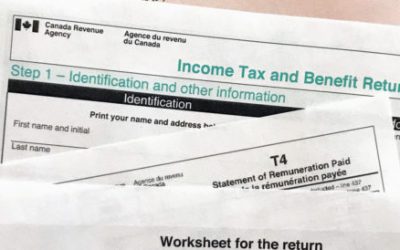Resources
Accounting Terms
Accrual Accounting – Recognizes income and expenses when they are incurred, not when they are paid. E.g. Mr S buys a book in December, gets the bill and only pays the bill in January. In the accounts, the purchase is recorded and shown on the Income Statement in December at the date of the bill, not in January when it was paid.
Asset – Items of value owned by a business. Assets are found on the balance sheet and include current assets like cash in the bank accounts, cash in petty cash box, accounts receivable and non-current assets like equipment, land and buildings, vehicles.
Equity – Equity is the net assets of a business – or in other words – Assets minus Liabilities equals Equity. The Equity section is found on a Balance Sheet and it includes how much the business owner has contributed to the business from personal funds (capital) and how much they have withdrawn from the business for personal use (drawings).
Entry – Financial transactions input to the bookkeeping system are called entries.
Expenses – Purchases made by a business are called an expense. Expenses are found on the profit and loss report and can be used to reduce the amount of tax owed to the government.
Liability – This is found on the balance sheet. Liabilities are made up of debts that the company owes to other businesses and includes accounts payable, loans and credit card balances.
Accounts Payable – Unpaid supplier invoices and bills (that is money owed by the business to other businesses) are grouped under the Accounts Payable account – ‘A/P’ for short – and are found on the balance sheet as a liability.
Accounts Receivable – Unpaid sales invoices (that is money owed to the business by customers) are grouped under Accounts Receivable – ‘A/R’ for short – and are found on the balance sheet as an asset.
Net Profit – The result after taking expenses away from the Gross Profit or Loss.
Financial Statements – Reports that are produced by a tax accountant at the end of the financial year based on all the data entered to the bookkeeping system by the bookkeeper. These reports indicate how well the business is or is not doing, what the business is worth, and are used to calculate income tax due to be paid to the government.
Fiscal Year – A financial year made up of 12 consecutive months that can begin with any month – it doesn’t have to be January. During this time period a business will up-date their bookkeeping records. At the end of the fiscal year, income tax will be calculated on the results of those 12 months of trading.
CRA links:
My Account for Individuals – https://www.canada.ca/en/revenue-agency/services/e-services/e-services-individuals/account-individuals.html
Understanding your tax slips – https://www.canada.ca/en/revenue-agency/services/tax/individuals/topics/about-your-tax-return/tax-return/completing-a-tax-return/tax-slips/understand-your-tax-slips.html
My Business Account – https://www.canada.ca/en/revenue-agency/services/e-services/e-services-businesses/business-account.html
Blog
Sign to Hire a Bookkeeper
Have you submitted your business tax return? The most of you likely did. How many of you are very happy that it’s over, and the time ofcollecting records of all paperwork is over andyou can now start focusing on your business....

